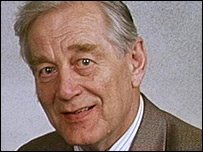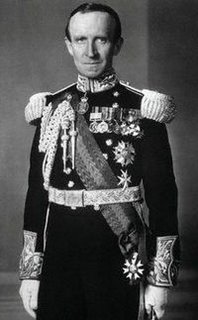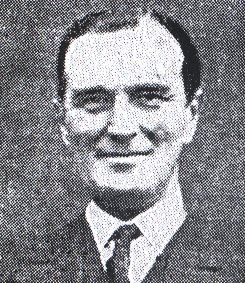Lord Monro of Langholm
 I was sorry to hear the news that Lord Monro of Langholm had died aged 83. I interviewed him late last year for my book, The Scottish Secretaries, and he was extremely helpful. In addition to being a long-serving Conservative MP in Scotland - an impressive feat in itself - Lord Monro, or Hector Monro as he was then, served as a Minister at the Scottish Office twice, first under Gordon Campbell in the early 1970s, and second under Ian Lang in the early 1990s. I think he was almost alone in having almost 20 years between his two ministerial terms in the same government department.
I was sorry to hear the news that Lord Monro of Langholm had died aged 83. I interviewed him late last year for my book, The Scottish Secretaries, and he was extremely helpful. In addition to being a long-serving Conservative MP in Scotland - an impressive feat in itself - Lord Monro, or Hector Monro as he was then, served as a Minister at the Scottish Office twice, first under Gordon Campbell in the early 1970s, and second under Ian Lang in the early 1990s. I think he was almost alone in having almost 20 years between his two ministerial terms in the same government department.You can read his obituary in the Herald by clicking here, or in The Times by clicking here, or in the Daily Telegraph by clicking here. There's also an appreciation of Lord Monro by another former Scottish Office Minister, Lord James Douglas-Hamilton, also in the Herald. You can read that by clicking here.





